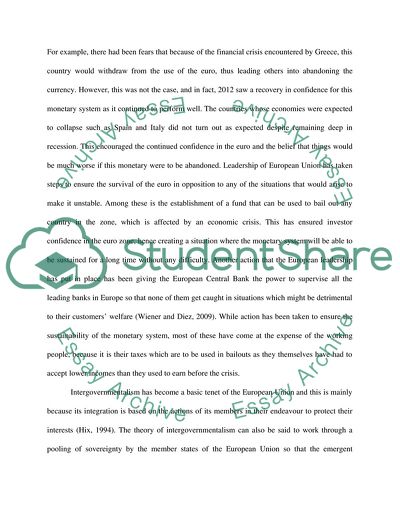Cite this document
(The European Union as a Political System Literature review Example | Topics and Well Written Essays - 3250 words, n.d.)
The European Union as a Political System Literature review Example | Topics and Well Written Essays - 3250 words. https://studentshare.org/politics/1810906-is-the-european-union-best-understood-as-a-political-system-in-its-own-right-or-as-an-exercise-in-bargaining-between-member-states
The European Union as a Political System Literature review Example | Topics and Well Written Essays - 3250 words. https://studentshare.org/politics/1810906-is-the-european-union-best-understood-as-a-political-system-in-its-own-right-or-as-an-exercise-in-bargaining-between-member-states
(The European Union As a Political System Literature Review Example | Topics and Well Written Essays - 3250 Words)
The European Union As a Political System Literature Review Example | Topics and Well Written Essays - 3250 Words. https://studentshare.org/politics/1810906-is-the-european-union-best-understood-as-a-political-system-in-its-own-right-or-as-an-exercise-in-bargaining-between-member-states.
The European Union As a Political System Literature Review Example | Topics and Well Written Essays - 3250 Words. https://studentshare.org/politics/1810906-is-the-european-union-best-understood-as-a-political-system-in-its-own-right-or-as-an-exercise-in-bargaining-between-member-states.
“The European Union As a Political System Literature Review Example | Topics and Well Written Essays - 3250 Words”. https://studentshare.org/politics/1810906-is-the-european-union-best-understood-as-a-political-system-in-its-own-right-or-as-an-exercise-in-bargaining-between-member-states.


